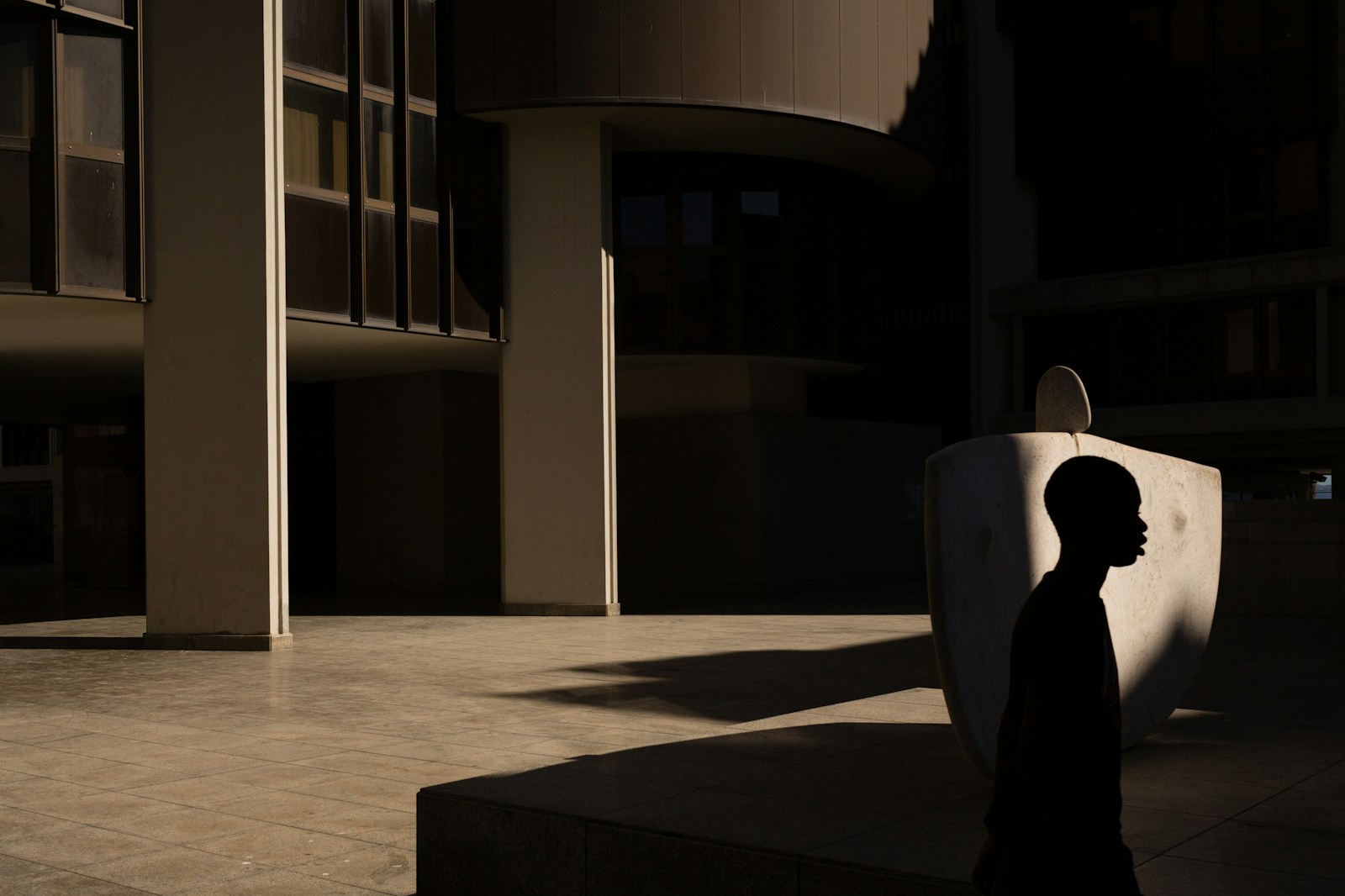
Ragazzo

boy
Use this term to refer to a young male person. It can also be used to refer to a boyfriend.
Example sentences using: Ragazzo
Il ragazzo adora i film horror.

The boy loves horror movies.
This sentence is a simple statement that uses the verb 'adora' (loves) to express personal preference about a specific genre of movie, in this case, 'film horror' (horror movies). 'Il ragazzo' (the boy) is the subject of the sentence.
Vediamo che film sta guardando il ragazzo.

Let's see what movie the boy is watching.
In this example, the direct object 'che film' (what movie) comes before the verb 'sta guardando' (is watching). The subject 'il ragazzo' (the boy) comes after the verb, showing a common sentence structure in Italian to ask a question.
Il ragazzo va al cinema ogni domenica.

The boy goes to the cinema every Sunday.
This example phrase uses the verb 'va al' (goes to) to signify action. It also shows how to express the frequency of an action (every Sunday) in Italian, which is 'ogni domenica'.
Il ragazzo ha comprato il biglietto per il film.

The boy bought a ticket for the movie.
This phrase uses the past tense 'ha comprato' (bought) to express a completed action. The preposition 'per' (for) is used to indicate purpose.
Il ragazzo guarda un film sul suo computer.

The boy is watching a movie on his computer.
In this example, the verb 'guarda' (watches) is used with the preposition 'sul' (on) to express the instrument which the action is performed with, which in this case is 'il suo computer' (his computer).
Il film preferito del ragazzo è Titanic.

The boy's favorite movie is Titanic.
In this example phrase, 'il film preferito del ragazzo' (the boy's favorite movie) shows how to describe someone’s preference for something.
Il ragazzo recensisce film sul suo blog.

The boy reviews movies on his blog.
This phrase demonstrates how to express an ongoing action, 'recensisce' (reviews), that the subject 'il ragazzo' (the boy) regularly does on 'il suo blog' (his blog).
Il ragazzo lavora in un cinema.

The boy works in a movie theater.
In the sentence, word 'lavora' (works) indicates an ongoing action that the 'il ragazzo' (the boy) does regularly, and 'in un cinema' (in a movie theatre) shows the place where he works.
Il ragazzo sta guardando un film drammatico.

The boy is watching a drama film.
This sentence is composed of the subject 'il ragazzo' (the boy), the verb at present continuous 'sta guardando' (is watching) which indicates an ongoing action, and the direct object 'un film drammatico' (a drama film).
Il ragazzo studia recitazione per diventare un attore di film.

The boy studies acting to become a movie actor.
This phrase uses 'studia' (studies) to express an action the boy does in order to achieve something in the future 'diventare un attore di film' (to become a movie actor).